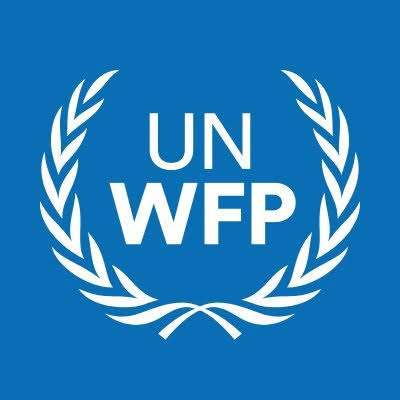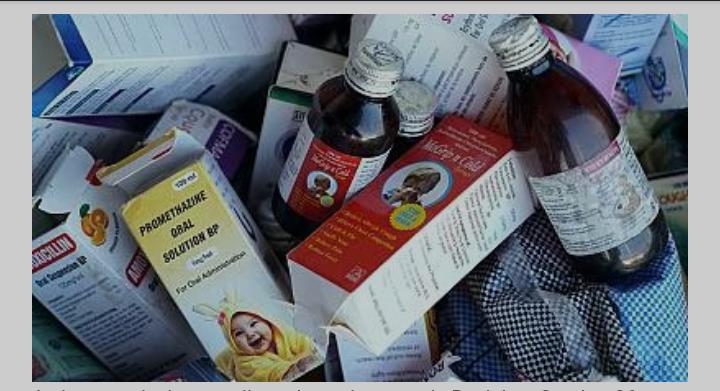The World Food Programme (WFP), an agency of the United Nations (UN) has distributed emergency nutrition assistance to prevent acute malnutrition among 104,835 crisis-affected children aged 6-59 months and 82,202 pregnant and lactating women and girls in Nigeria’s north-east region.
WFP also provided specialised nutritious food to treat moderate acute malnutrition among 39,024 children aged 6-59 months, the agency said, adding that the move was in response to alarming findings of increased malnutrition in the region.
In its Nigeria Country Brief for August/ September 2022, the WFP said it provided unconditional assistance to 1,511,008 people in August, 34 per cent more than in July.
This is coming as the International Finance Corporation (IFC), the private sector investment arm of the World Bank launched a Global Food Security Platform, a funding facility to boost the private sector’s capacity to respond to the global food crisis.
According to the WFP report, the people served included 10,649 new arrivals in Bama, Banki, Dikwa, and Pulka towns of Borno State who received prepositioned emergency food rations, projecting that by September, “WFP expects to reach over 1.7 million people in need.”
READ MORE: Leadership role in economy to top discussion as foundation plans confab
“In August, in cooperation with non-governmental organisation (NGO) partners, local vendors, and financial service providers, WFP distributed 12,101 mt of food commodities to 926,723 people and completed electronic voucher redemption of $10.8 million for 823,531 people.
“Responding to alarming findings of increased malnutrition in northeast Nigeria, WFP distributed emergency nutrition assistance to prevent acute malnutrition among 104,835 crisis-affected children aged 6-59 months and 82,202 pregnant and lactating women and girls.
“WFP also provided specialised nutritious food to treat moderate acute malnutrition among 39,024 children aged 6-59 months,” the report stated.
It further stated that malnutrition prevention interventions are integrated with unconditional and conditional WFP food assistance provided to the most vulnerable households.
The WFP disclosed that it also provided food-insecure households with resilience-building support for improved livelihoods. Working through cooperating partners,
WFP assisted 13,185 vulnerable households in strengthening the resilience of individuals and communities to future shocks.
“Recipients of food assistance for asset creation in Borno and Yobe States redeemed USD 101,847 using mobile money and electronic vouchers,” the UN agency disclosed.
Meanwhile, the Financing Platform launched by the IFC would add to the World Bank’s $30 billion pledge to address the food crisis.
In order to organise group action to address concerns with global food security, the IFC is also boosting up interactions with other partners, including development finance organisations, foundations, banks, as well as a variety of private firms.
Rising levels of hunger and malnutrition have been worsened by climate change and increasingly extreme weather events that are destroying harvests and lowering yields. The conflict in Ukraine and an unequal worldwide recovery from the COVID-19 pandemic have exacerbated to this trend.
A significant portion of the funding of Financing Platform Launched by IFC, which would be offered through the new Global Food Security Platform, would assist the delivery of food stocks to nations with food instability and sustainable production of those stocks.
Additionally, long-term initiatives to strengthen the global food system’s resilience and reduce its ecological and climatic impact will be the main focus of Financing Platform
This Financing Platform entails making investments to increase crop production that is more efficient, to increase access to fertilisers, to make fertiliser production and use more environmentally friendly, to decrease crop loss and food waste, to boost supply chain effectiveness, and to alleviate infrastructure bottlenecks.




